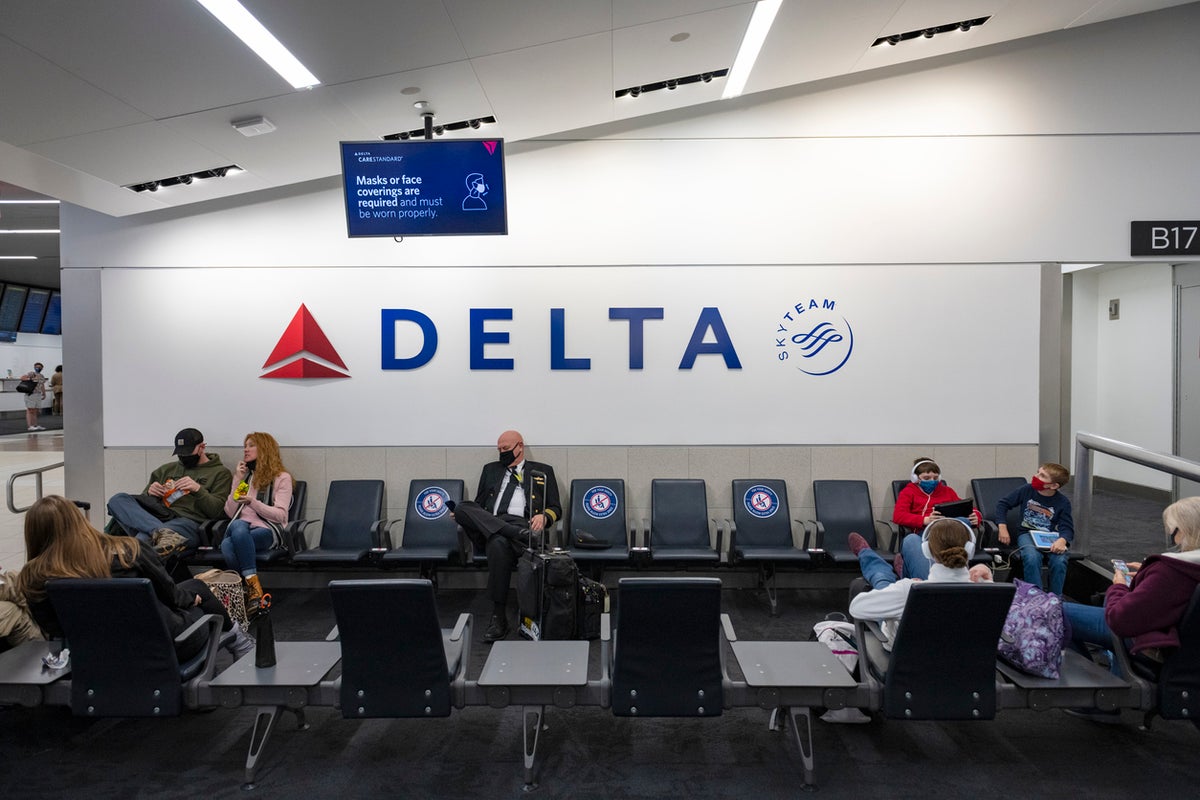
More than 6,000 flights were canceled over the Memorial Day weekend, including more than 500 in the US on Sunday.
The holiday weekend proved difficult for major airlines grappling with staff shortages and bad weather.
Flight Aware reports that more than 1,300 flights were cancelled as of Monday morning, and 1,640 were cancelled on Sunday. On Saturday, 1,500 flights were cancelled, as were 2,300 flights on Friday.
The airline with the most US cancellations was Delta. The company cancelled 123 flights on Monday, which accounts for 4 per cent of its operation that day. On Saturday and Sunday the company was forced to cancel more than 400 flights.
Many of the cancellations on Saturday were the result of bad weather, Delta told the Associated Press. It also said that "air traffic control actions" contributed to the disruptions, though its unclear what exactly that means.
The company noted it tried to cancel flights at least 24 hours in advance of the holiday weekend, noting to CBS News that approximately "90 per cent" of its customers who had cancelled a flight were rebooked for "later that day."
Delta is preparing to scale back its service between 1 July and 7 August, reducing its flight offerings to about 100 daily departures.
"More than any time in our history, the various factors currently impacting our operation — weather and air traffic control, vendor staffing, increased COVID case rates contributing to higher-than-planned unscheduled absences in some work groups — are resulting in an operation that isn't consistently up to the standards Delta has set for the industry in recent years," Delta's Chief Customer Experience Officer Allison Ausband said in a post on Thursday.
Delta was not the only company to face disruptions over the weekend. American Airlines also cancelled 119 flights — about three per cent of its operations — as of noon Monday.
Flight disruptions will likely continue into the summer as more Americans return to travel now that pandemic restrictions have largely been lifted. However, that uptick in travelers will come at a time when airlines have thousands fewer workers than they did prior to the pandemic.
That, along with rising fuel costs, has sent ticket prices skyrocketing, with fares averaging more than $400 for a round trip. That's 24 per cent higher than the same period in 2019, and 45 per cent higher than this time a year ago when most people were still largely avoiding air travel.







